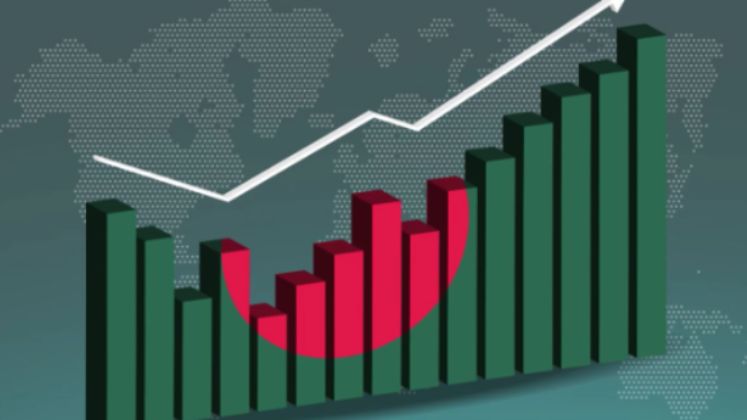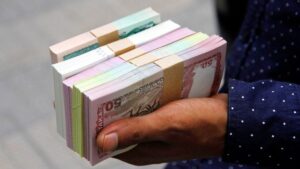
Analysts have cautioned that Bangladesh is on the brink of an economic crisis unless the Government accelerates both public and private investments promptly. Dr. Wahiduddin Mahmud, a planning adviser, highlighted that private investment in the country is currently stagnant, attributing this to ongoing political instability and insecurity.
During a recent briefing following an ECNEC meeting, Dr. Mahmud noted that the stagnation is severely impacting production within the private sector. He pointed out that the garment and other factories are facing significant disruptions due to various labour movements, which have led to instability in operations.
The situation is further exacerbated by rising interest rates on bank loans, which have created additional barriers for potential investors. The Bangladesh Bank recently raised the policy or repo rate by 50 basis points to 10 per cent, aimed at curbing persistent inflation that has plagued the economy for the past two years. This increase follows a prior hike to 9.50 per cent just a month earlier.
Bangladesh’s inflation rate has surged, with the general point-to-point inflation reaching 11.38 per cent in November, up from 10.87 per cent in October. This is the highest rate recorded in the last four months, primarily driven by a rise in food inflation, which jumped to 13.80 per cent.
Rural and urban areas alike are feeling the impact, with inflation in rural areas hitting 11.53 per cent in November and urban areas at 11.37 per cent. Food inflation in rural regions rose to 13.41 per cent, while urban food inflation soared to 14.63 per cent.
Despite the rising inflation, the Bangladesh Bank’s Monetary Policy Committee has opted not to raise the policy interest rate further for now. The committee believes that while inflation remains high, the current monetary policy stance is adequate, and there is no pressing need for additional increases.
In a related development, the central bank has adjusted the maximum interest rate on credit cards from 20 per cent to 25 per cent, responding to banks’ requests to recover operational costs.
Officials from the planning ministry have expressed concern that the ongoing stagnation in private investment and historically low public investment rates could lead the economy into a recession. They noted that the Annual Development Program (ADP) implementation rate for the first four months of the current fiscal year stands at a mere 8 per cent, the lowest in recent years, compared to 11.54 per cent during the same period last year.
As inflation continues to rise, the finance ministry has warned that employment generation could suffer significantly if the economy does not begin to expand soon, particularly affecting middle and lower-income groups who are bearing the brunt of rising prices.
Looking ahead, planning commission officials remain hopeful that stability will return to the economy, encouraging private investors to re-enter the market.






